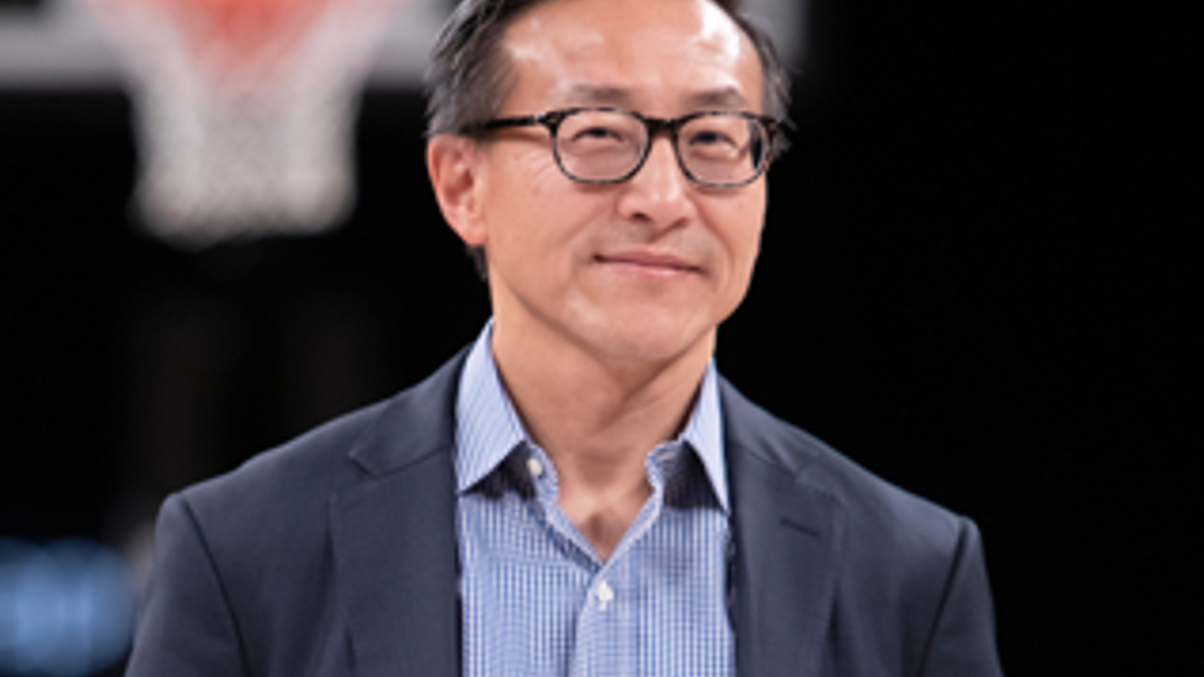Alibaba Tsai's family office keeps watching brief on ESG, HK Spacs
The family office of Alibaba's co-founder likes to do its own hands-on due diligence and favours deals that can make a difference, rather than investments for the sake of ESG.

Blue Pool Capital, the Hong Kong-based family office of Alibaba co-founder Joseph Tsai, has not allocated a specific amount for ESG investments because, in its view, the market is still at a “super early” stage and is prone to hype and greenwashing, a senior representative said on Tuesday.
Sign in to read on!
Registered users get 2 free articles in 30 days.
Subscribers have full unlimited access to AsianInvestor
Not signed up? New users get 2 free articles per month, plus a 7-day unlimited free trial.
¬ Haymarket Media Limited. All rights reserved.


